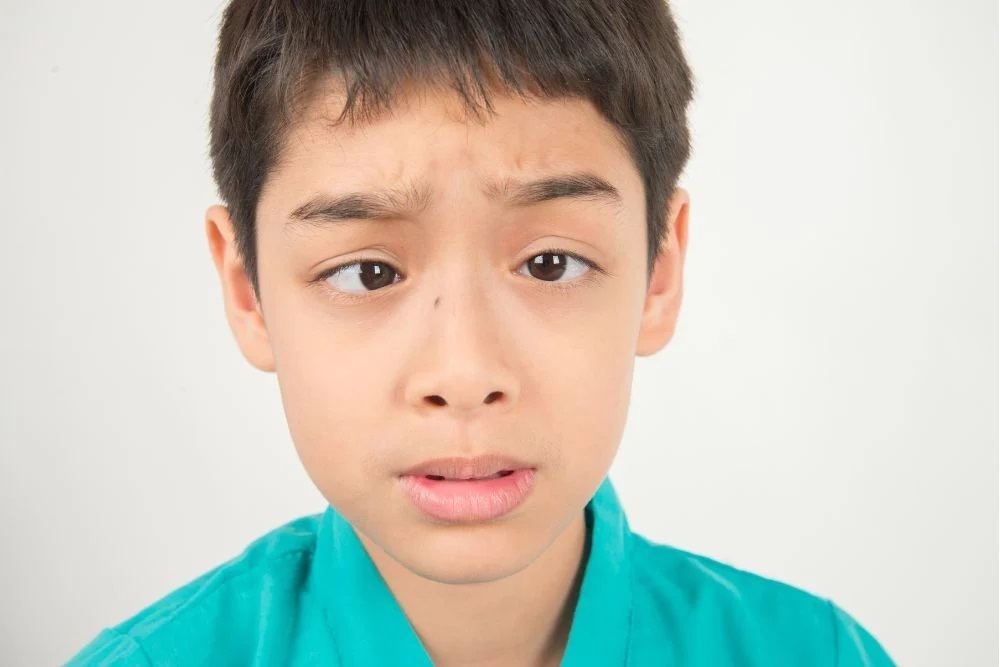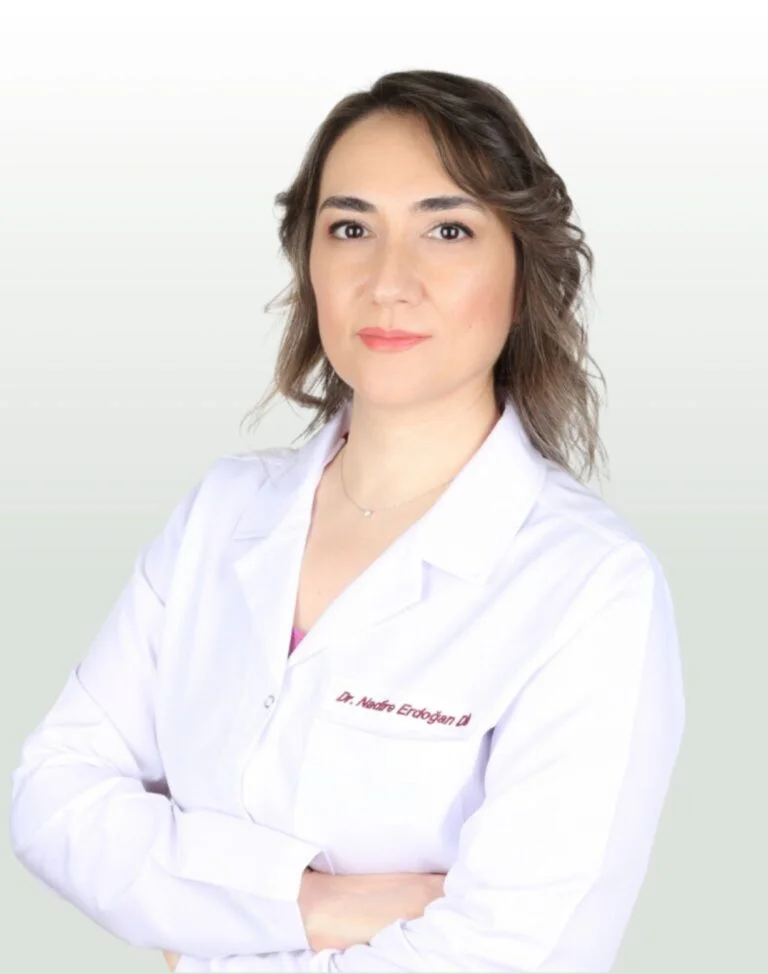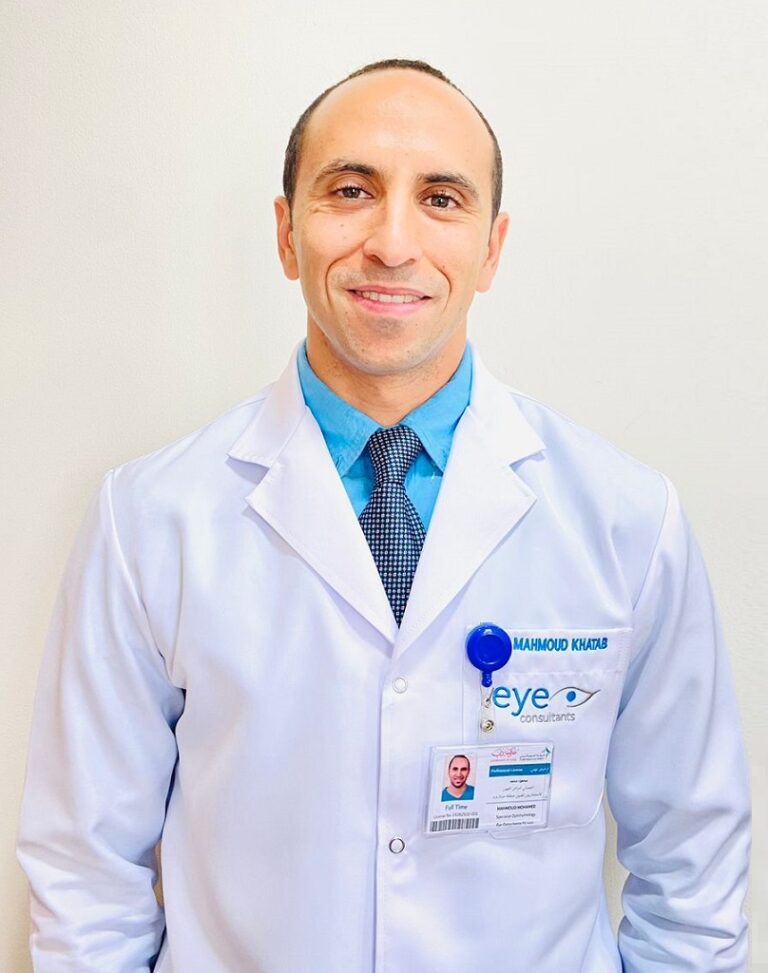Al Razi Bldg No. 64, Block C, 1st Floor, Unit 1017, Healthcare City, Dubai
Visit us
Pediatric Squint Consultation
Squint (Strabismus) is a condition where the eyes do not align properly and point in different directions. This condition is most common in children, but it can occur in adults as well.

Causes
- Congenital Strabismus: Present during the first seven years due to abnormal development of the eye muscles.
- Refractive Error: Significant difference in prescription between the two eyes.
- Neurological Disorders: Conditions like cerebral palsy or brain injury.
- Genetics: Family history of strabismus increases the risk.
Symptoms
- Misalignment of Eyes: One eye looks straight ahead while the other turns in a different direction.
- Double Vision: The brain receives two different visual images.
- Eye Strain: Children may complain of tired eyes or discomfort.
Difficulty with Depth - Perception: Challenges in judging distances.
Treatment Options
- Observation: Regular monitoring to see if the squint improves on its own, particularly in very young children. Sometimes recommended when the squint is mild or intermittent.
- Glasses or Contact Lenses: Corrects refractive errors that may contribute to misalignment of the eyes and often the first line of treatment, especially if the squint is related to issues like farsightedness.
- Prism Lenses: Help reduce or eliminate double vision by altering the way light enters the eye.
- Vision Therapy: A series of exercises designed to improve the coordination and alignment of the eyes.
- Patching: Covers the stronger eye to force the weaker eye to work harder, improving its function and alignment.
- Botulinum Toxin Injections (Botox): Temporarily weaken the muscles that cause the eye misalignment, particularly when the squint is due the nerve or muscle problems
- Surgery: Corrects the alignment of the eyes by adjusting the position or strength of the eye muscles.
Why Choose Eye Consultants
- Our team of pediatric ophthalmologists has extensive experience in diagnosing and treating squint.
- We offer state-of-the-art diagnostic tools and personalized treatment plans.
- Compassionate care tailored to the unique needs of each child and family.
Frequently Asked Questions
Related Doctors
Consultant Ophthalmologist
Anterior Segment, Oculoplastic Surgeon & Pediatric Ophthalmology
Specialist Ophthalmologist
Head Of Pediatric Ophthalmology & Strabismus Unit
Patient Satisfaction Is Very Important To Us

I had my cataract surgery and lens implantation with Eye Consultants Clinic. What a beautiful experience! All the staff were very kind, helpful, and competent. Special thanks to the clinic manager for being so accommodating and caring in all of my inquiries. Thank you, Dr. Mohamed Awadalla for your dedication and for being best at what you do. Overall, I highly recommend Eye Consultants, they made sure that I get the best treatment possible.
I was a patient of Dr Ahmed El Khashab’s between 2018 and 2021, and had a retinal detachment surgery, a silicone oil removal surgery and a cataract surgery, as well as glaucoma surgery in another clinic but followed up with him. With no doubt in my mind, he is by far the best doctor I’ve ever come across. He is very patient, very informative and an absolute gem of a doctor. - Menna Aly
I had a cataract surgery in both eyes last week and now my vision is perfect. Thank you to the entire team at Eye Consultants Center and most especially to Dr. Ahmed El Khashab who performed my cataract surgery. It was an amazing experience and he is the best!
We are delighted to have an opportunity to express our gratitude and appreciation to Dr. Ahmed El Khashab and his staff for diligently caring for my mother's eye problems and her cataract surgery. They are not only most professional but always attentive to our needs and concerns. Dr. and his staff are eager to care for us as a hive of "busy bees". Thank you doctor.
I was diagnosed as having cataract in both my eyes and advised surgery.This was my very first experience and I was really nervous, but Dr Ahmed Al Khasheb assured me it will go well. I must say he is not only an expert in his field but also very kind and understanding. The surgery went well and now I have a perfect vision. I’m also thankful to the receptionists and the nurses at Eye Contact Center for being respectful and professional. I would definitely recommend this hospital and especially Dr Ahmed.
The whole team at Eye Consultants is very professional and Dr. Ahmed is special and recently performed cataract removal from both my eyes successfully. He has previously performed surgery on one eye to address a retinal detachment case. HIGHLY recommend him and his wonderful team.


